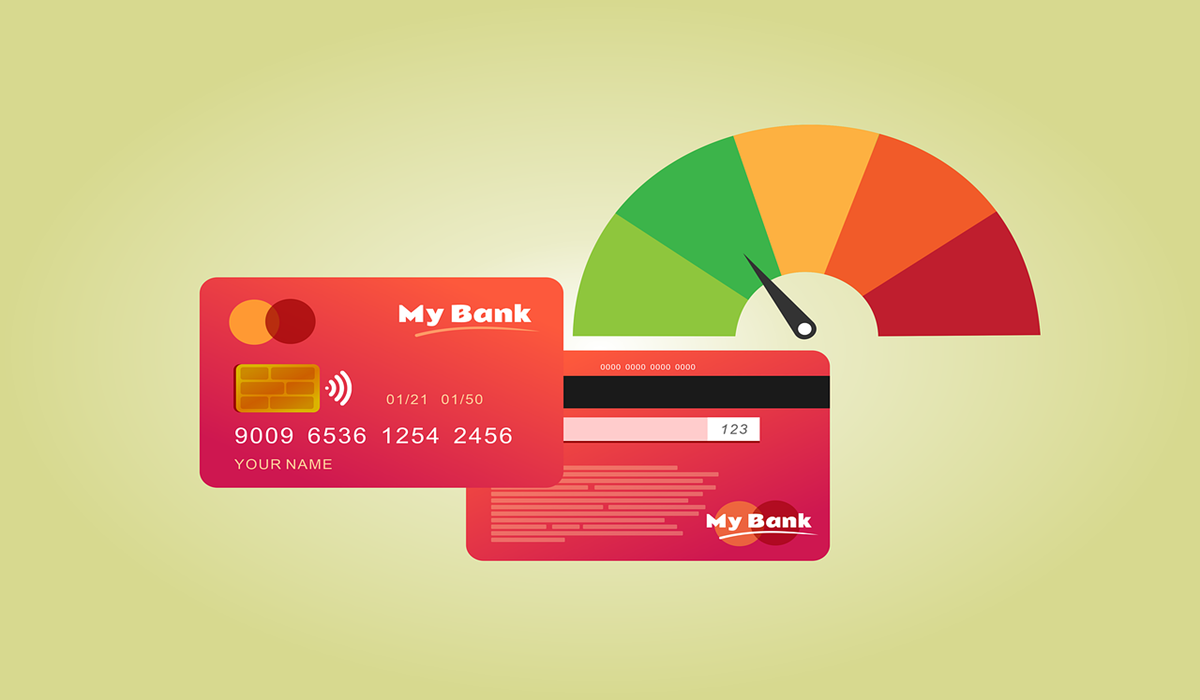The Benefits of Making Extra Mortgage Payments
- Navdeep Khangura
- Mortgage Advisor
- Golden Key Mortgage Ltd
- October 24, 2024

Image Credit, Vika_Glitter
Making extra mortgage payments can be one of the most powerful ways to achieve financial freedom faster, save thousands of dollars in interest, and increase the equity in your home. While it may require some sacrifice and planning, the long-term benefits of paying off your mortgage early are often well worth the extra effort. Here’s a closer look at how making additional payments can benefit you and what you need to know to make the most of this financial strategy.
First and foremost, additional mortgage payments directly reduce the principal balance on your loan, lowering the amount of interest you pay over the life of the mortgage. Mortgages are typically structured with more interest paid in the early years, but additional payments allow more of your money to go toward the principal. Even small amounts can make a big difference. For instance, if you make one extra payment a year on a 30-year mortgage, you can save thousands and shave years off the mortgage term.
Another advantage is building home equity faster. Every extra payment you make increases the amount of your home that you own outright. This equity can be a valuable asset, giving you more flexibility in the future. If you ever need to borrow money, a larger amount of equity can increase your chances of getting favorable loan terms or qualify you for a home equity loan or line of credit. This could be particularly useful in an emergency or for major expenses such as home renovations or education costs.
Financial stability is another key benefit. The sooner you pay off your mortgage, the sooner you eliminate one of your biggest monthly expenses. Imagine the peace of mind that comes with knowing you own your home outright and are free from monthly mortgage obligations. This financial flexibility can open doors to more choices, whether you want to save for retirement, invest in other assets, or take a different job with a more manageable workload.
It’s essential, however, to understand your lender’s policies regarding additional payments. Some lenders charge prepayment penalties, especially in the early years of the loan, which could negate the benefits of making extra payments. Before starting an accelerated payment plan, review the terms of your mortgage and consult with your lender to ensure you’ll reap the rewards of your strategy without incurring penalties.
Also, be aware that extra mortgage payments might not be the best move for everyone. If you have high-interest debt, such as credit card balances, it’s generally smarter to pay those off first. Similarly, if your mortgage interest rate is particularly low, you might benefit more from investing your extra funds, especially if the returns on those investments are higher than your mortgage rate. Make sure to weigh these factors and consider consulting a financial advisor to develop a plan tailored to your financial goals.
In the end, making extra mortgage payments is about building financial resilience, gaining flexibility, and securing your future. By taking proactive steps to reduce your debt, you’re not only securing the ownership of a significant asset but also opening the door to more financial freedom and possibilities. The earlier you start, the greater the impact of these extra payments—empowering you to move closer to financial independence and homeownership on your own terms.







